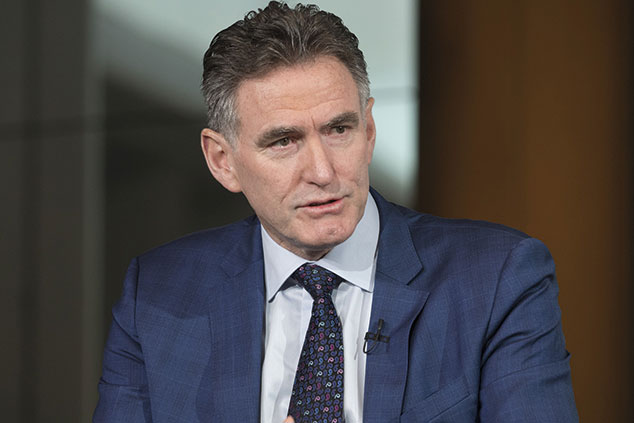
On Friday, the Royal Bank of Scotland (RBS) announced that it had made £2bn in net profit, its “best result for more than a decade”, reports Sean Farrell in The Guardian. As a result, it will pay a total of £1.7bn in dividends for the first half of its financial year, partly funded by the sale of a stake in a Saudi Arabian bank. It’s only the second time that shareholders have received money since the end of 2007. Naturally, the biggest winner will be the government, which will receive around £1bn, thanks to the fact that it still owns 62% of RBS.
Ross McEwan, the chief executive, argues that the decision to pay a special dividend means the bank is finally “serving the real economy of the UK and the Republic of Ireland”, says Harriet Russell in The Daily Telegraph. However, investors evidently beg to differ – the news actually “caused a slump in the bank’s share price”. This was due to the fact that RBS not only “missed analysts’ expectations for its underlying net income”, but also indicated that it is “unlikely” to achieve certain targets next year because of “Brexit-related economic and political uncertainty”.
A long stay in purgatory beckons for RBS
The market is quite right to be sceptical, says Christopher Thompson for Breaking Views. While shareholders may be “cash starved”, any relief provided by the special dividend can only offer a “temporary balm” for the challenges RBS faces. Instead of “spraying cash”, RBS should have taken advantage of the revenue from the sale to shore up its “vaunted spare capital cushion of around £4bn”. After all, this cushion is likely to come under severe pressure if a no-deal Brexit leads to an economic downturn that causes bad debt charges to “spike”.
Brexit is far from the only problem that RBS has to face, adds Elisa Martinuzzi on Bloomberg. Other issues include “trade tensions, low interest rates and fierce competition in the UK mortgage market”. There’s also the risk of RBS “being broken up” in the event that a hard-left government led by Jeremy Corbyn takes power. That’s not to mention the lingering impact of “a string of expensive legal settlements over past misdeeds”, from “benchmark-rigging” to the marketing of “toxic” mortgage-backed securities. Given all these problems, RBS (and its shareholders) look to be stuck in an “uncomfortable purgatory” for a while longer.
Given RBS’s problems, it is more important than ever that a successor to McEwan, who will be departing for Australia early next year, is found as soon as possible, says Ben Martin in The Times. However, while the City is “eager to learn” who will fill the New Zealander’s shoes, there was “no update” on RBS’s succession plan, other than that the bank is making “good progress”. At the moment, the leading internal candidates for the role are Alison Rose and Mark Bailie, while HSBC’s Ian Stuart has also been “sounded out”.